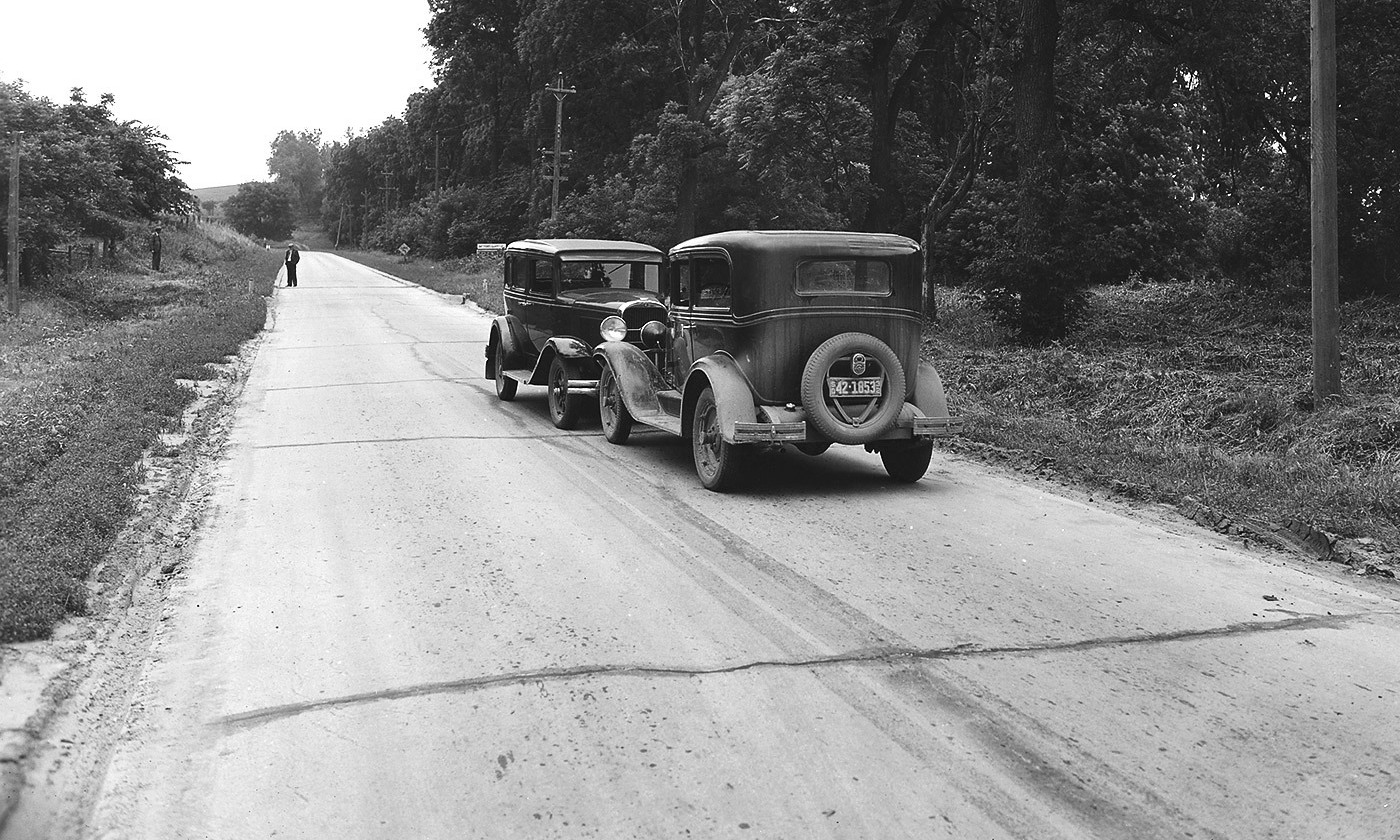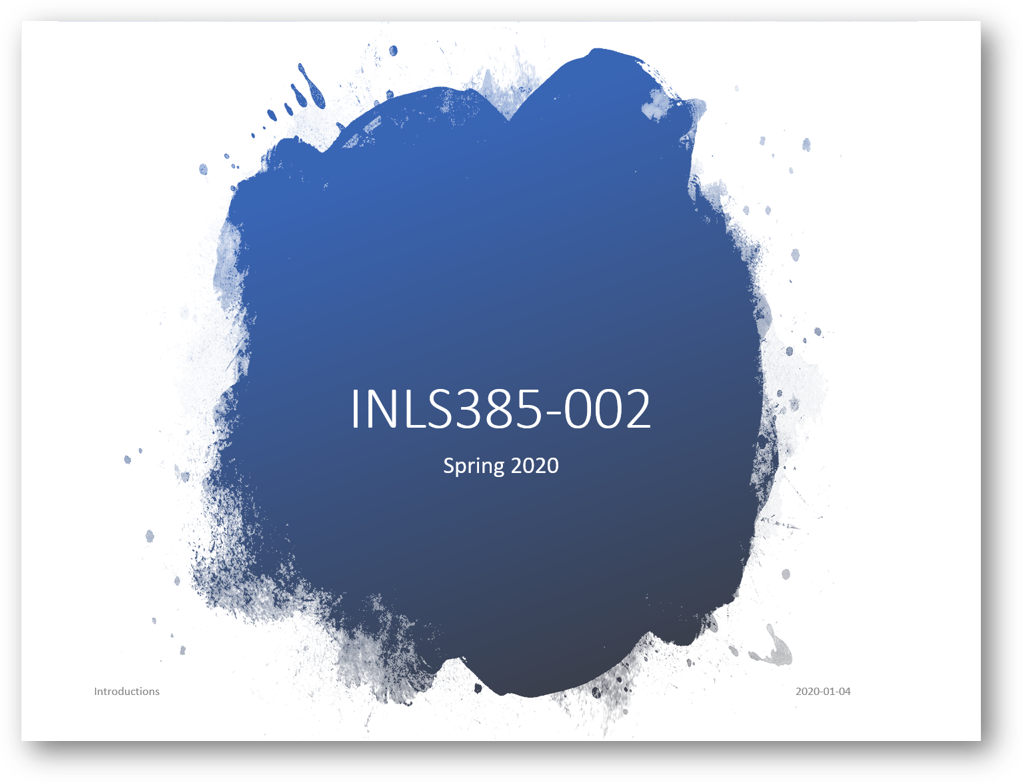SESSION 03 | THE NATURE OF KNOWLEDGE
How do we differentiate knowledge from information, and is it important that we do?
Learn something about knowledge that you might not know about
followed by
and
and
and
and

The person who did these videos is the author of
Huler, Scott. On the Grid: A Plot of Land, an Average Neighborhood, and the Systems That Make Our World Work. New York, NY: Rodale, 2011
back to top
Then go a bit deeper into the concept of specialized and generalized knowledge

Sure, it’s typical for people to overestimate their abilities. One study found that 80 per cent of drivers rate themselves as above average – a statistical impossibility. And similar trends have been found when people rate their relative popularity and cognitive abilities. The problem is that when people are incompetent, not only do they reach wrong conclusions and make unfortunate choices but, also, they are robbed of the ability to realise their mistakes. In a semester-long study of college students, good students could better predict their performance on future exams given feedback about their scores and relative percentile. However, the poorest performers showed no recognition, despite clear and repeated feedback that they were doing badly. Instead of being confused, perplexed or thoughtful about their erroneous ways, incompetent people insist that their ways are correct. As Charles Darwin wrote in The Descent of Man (1871): ‘Ignorance more frequently begets confidence than does knowledge.’
What know-it-alls don’t know, or the illusion of competence
back to top
You don't have to read these unless you wish to, but we might touch upon them in conversation

-
Becerra-Fernandez, I., Gonzá́lez, A. J., & Sabherwal, R. (2004).
Knowledge management: Challenges, solutions, and technologies. Upper Saddle River, N.J: Pearson/Prentice Hall.
[PDF] -
Chapter 1: What Do We Talk about When We Talk about Knowledge?
in Davenport, T. H., & Prusak, L. (2000). Working knowledge: How organizations manage what they know. Boston, Mass: Harvard Business School Press.
[PDF] -
Section 2: Towards an information model of organizations
in Choo, Chun Wei. 1991. Towards an Information Model of Organizations. The Canadian Journal of Information Science 16 (3):32-62.
[PDF]
back to top
things we'll talk about
- how do we define knowledge
- how do we decide what qualifies as knowledge
- how do we use and interact with knowledge within an organization

back to top
something to take away
Stand Up
Hindi Zahra and a comment about her in Last.fm, as well as something about the Dakhla Music Festival.
Hindi Zahra is sounding like the musical child of Django Rheinhardt and Billie Holiday, the Paris-based Hindi is a captivating musician. Her song "Beautiful Tango" is a revelation - simple yet sophisticated, sparse yet emotive. It's fresh even while it reverberates with history. This style continues in "Oursoul" and "Try." A touch of hip-hop and soul influence, retaining the simple, downbeat understatement of her other songs while adding an almost ethereal quality.
Somewhere between her Moroccan roots and her life in Paris, singer-songwriter Hindi Zahra lost track of her many musical influences: the result is a mesmerizing elemental folk, a desert blues with african/american music.